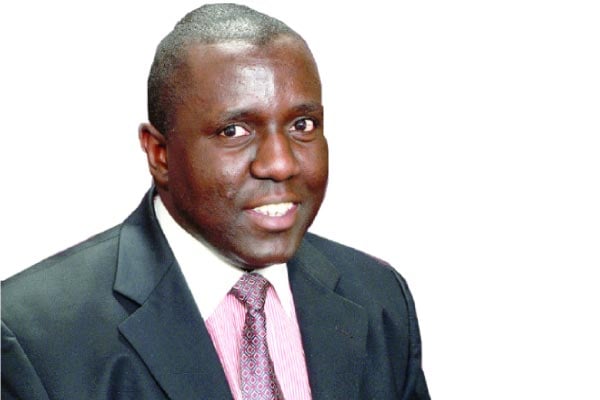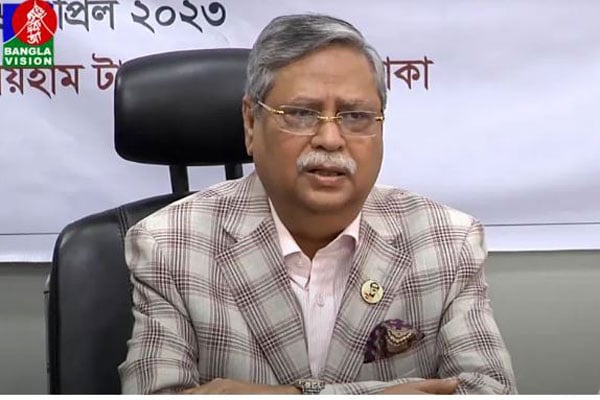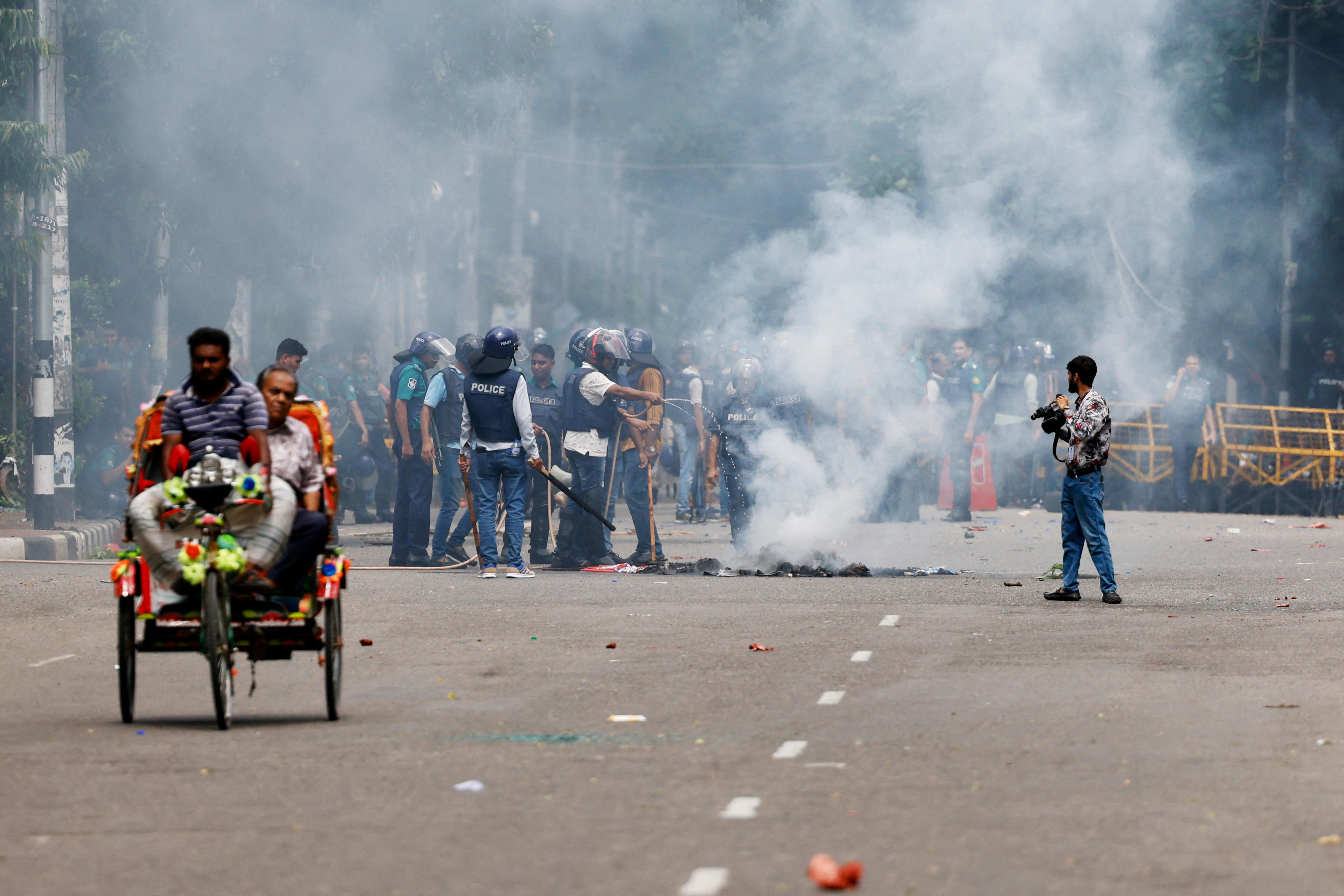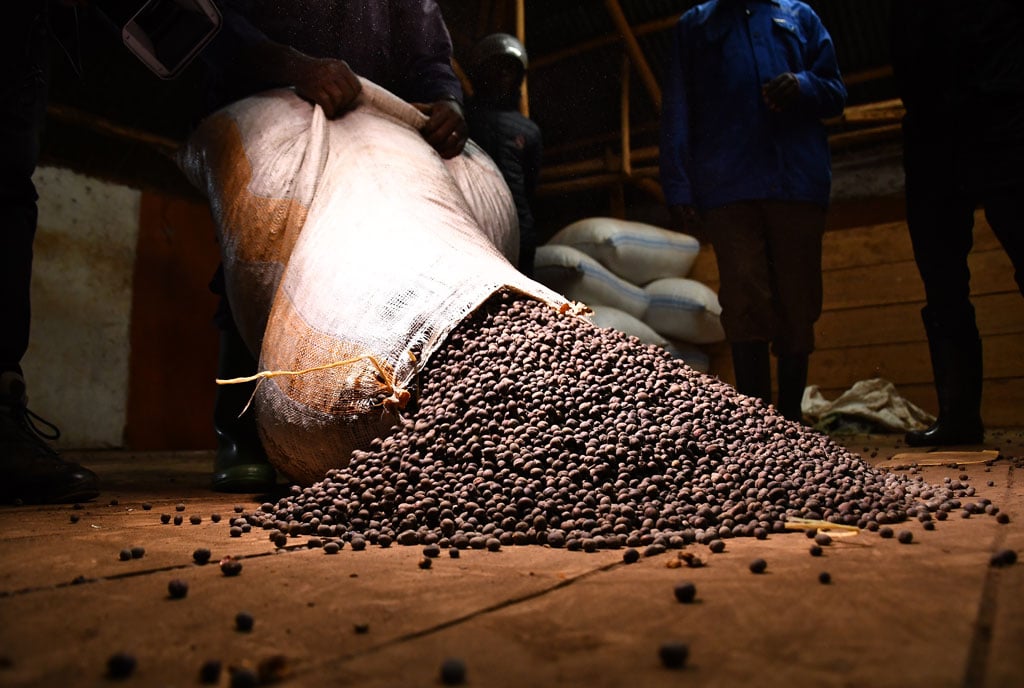
Author: Karoli Ssemogerere. PHOTO/FILE
2024, is a notable election year. Literally the entire globe is holding elections. From the United States to the United Kingdom, India, Russia and South Africa have leaders on the ballot.
The outcomes have been vast.
Predictable as in Russia, which re-elected Vladimir Putin in March, or Rwanda, which re-elected Paul Kagame with more than 90 percent of the vote.
So was Labour’s landslide in the United Kingdom, which overturned a large Conservative majority and consigned Rishi Sunak to the opposition benches.
In India, Mr Narendra Modi was re-elected to a historic third term, as was his neighbour Sheikh Hasina in Bangladesh, former East Pakistan, itself a country of more than 170 million people. The secession of East Pakistan from West Pakistan in 1971 with Indian support created Bangladesh.
In recent years, Bangladesh has made strides specialising in the textile industry. A short spell of military rule followed by a tradition of elections including January when Sheikh Hasina, daughter of the founder of Bangladesh Mujibur Rahman, and her Awami League were re-elected in office.
The election was dismissed as a sham, her party won nearly two thirds (223) of the 350 elective seats. The opposition party, whose leader former Prime Minister Sheikh Khaleda Zia was in prison, won just six seats. Demonstrations against the autocratic leader ended in a bloodbath where more than 100 people were killed. The military, neutral in political conflicts, stepped in. The President has now appointed 84-year-old Nobel laureate Mohammed Yunus as head of a caretaker government and dissolved Parliament.
The same week, racial riots in the United Kingdom put the newly elected Prime Minister Keir Starmer on notice about economic discontent, often mistakenly blamed on anti-immigrant rhetoric pitting rioters against racial minorities in towns that have seen better days across the country
In South Africa there is an element of calm after the African National Congress (ANC) entered into a Government of National Unity. The Democratic Alliance took a number of portfolios, Deputy Speaker of Parliament, Home Affairs, Agriculture, Forestry, ICT and the Digital Economy while the ANC saved face and retained the Ministries of Finance and Foreign Affairs. Smaller partners IFP walked away with two cabinet portfolios and the Good Party of former DA Leader Patricia de Lille walked away with Tourism, calming tensions when ANC lost its overall majority in the May elections.
In the United States, Democrats finally came to terms with the uneven political performance of their incumbent Joe Biden and forced him from the ballot into untested waters. Vice President Kamala Harris is now leading in the polls even though America’s famously tribal Electoral College system favours Donald Trump and the Republicans. Next door in Kenya, President Ruto took the drastic step of dismissing the entire cabinet and succeeded in hollowing out the parliamentary opposition when he appointed a number of ODM members to key portfolios in his cabinet.
The global economy’s uneven performance has translated into a lot of unhappiness in many countries. In the developed countries, rising cost of utilities, for example, have equaled if not exceeded the cost of housing. In many countries, the vagaries of climate change have ravaged homes and businesses. In Kenya, protests are partly driven by the rising cost of food, which is taking up a bigger share of voters’ incomes.
Even where the economies seem to be rebounding from the pandemic years, the recovery is not enough to give voters’ pause. News early this week that the US economy could be entering a technical recession rattled stock markets globally after economists blamed the Fed for not cutting interest rates sooner.
In many banks worldwide, debt collectors are on the phones, recalling loans and using all sorts of threats.
After surviving the pandemic on huge subsidies and protections from governments, banks too are feeling the pressure, and this credit crunch is squeezing out many in the world to hang and dry, soaked by high interest rates and an unfavourable economic business environment. The ballot box is not enough to vent out this frustration.
Mr Ssemogerere is an Attorney-At-Law and an Advocate.







